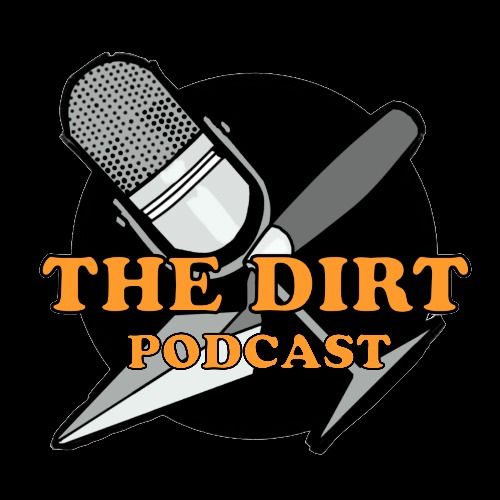Episode 29
The Human Family Shrub: Part 1
Anna and Amber work their way up the trunk of our shared evolutionary tree, tackling the thorny issues of identifying our earliest mammal, primate, and hominin ancestors. We learn about the early development of bipedal walking, and really struggle (as usual) with the question of deep time, but this week it escalates to wondering how anybody knows anything. All we know is, we didn’t come from no monkey.
To learn more about what we discuss this week, check out:
These Rodent-Like Creatures Are the Earliest Known Ancestor of Humans, Whales and Shrews (LiveScience)
Human Evolution Timeline Interactive (Smithsonian Institution)
New faces of Aegyptopithecus from the Oligocene of Egypt (Journal of Human Evolution)
Sahelanthropus: "The femur of Toumaï?" (John Hawks Weblog)
Femur findings remain a secret (Nature)
Geology and Paleontology of the Late Miocene Middle Awash Valley, Afar Rift, Ethiopia (Nature, via ResearchGate)
The life history of Ardipithecus ramidus: A heterochronic model of sexual and social maturation (Anthropological Review, via ResearchGate)
Evolution: The First Four Billion Years
Fetal load and the evolution of lumbar lordosis in bipedal hominins (Nature)
Why Pregnant Women Don’t Tip Over (New York Times)

